document
Type of resources
Available actions
Topics
Keywords
Contact for the resource
Provided by
Years
Formats
Representation types
status
-
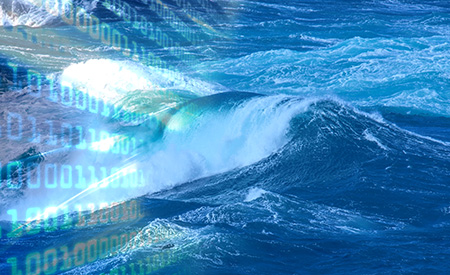
The objective of the DTOceanPlus project was to develop a software suite of open source advanced tools for the selection, development and deployment of ocean energy systems. DTOceanPlus project made it to develop and demonstrate an open source sotftware suite of second generation design tools for ocean energy technologies including sub-systems, energy capture devices and arrays. These tools support the entire technology innovation process, from concept, through development, to deployment. More broadly, the project also provided an industry standard for communicating technology descriptions throughout the sector. To complement the numerical work, an extensive market analysis of the ocean energy sector is publicly available.
-
This document identify and analyse different damage initiation mechanisms and their propagation through the dynamic cable. It will consist on building failure scenarios from initiation, propagation and final failure steps, and put the degradation mechanisms in relation with the nature of stresses that has been at the origin of the failure.
-
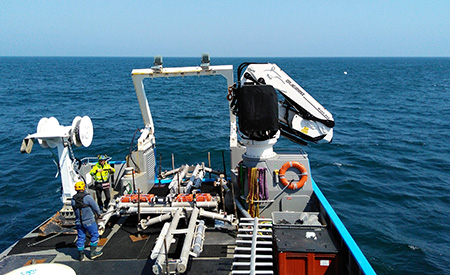
-- Warning, deliverable only available in French -- Delivrable D02.05 of the FEM PHYSIC 2015 project WP 2: Definition of the data acquisition strategy Task 2: Choice of measuring instruments
-

-- Warning, deliverable only available in French -- Delivrable D02.05 of the FEM PHYSIC 2015 project WP 2: Definition of the data acquisition strategy Task 2: Choice of measuring instruments
-

This document identifies gaps in knowledge and emphasizes the need for long-term monitoring of marine mammals in order to better understand the impacts of wind turbines on them
-
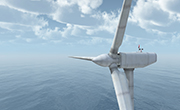
The objective of the ARCWIND project was to assess the feasibility of floating wind farms in deep waters in the Eastern Atlantic.
-
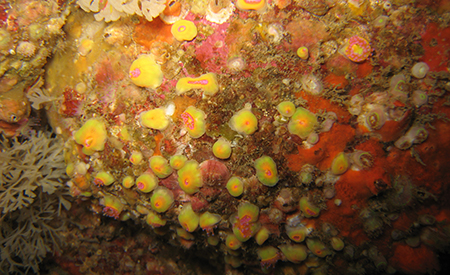
Measurement of the diameter of the biocolonised moorings and the composition of the biofouling at T+12 months of immersion.
-
Project flyer and summary presenting its outcomes
-

This document is the first annual report on dissemination and communication activities regarding DTOceanPlus project.
-
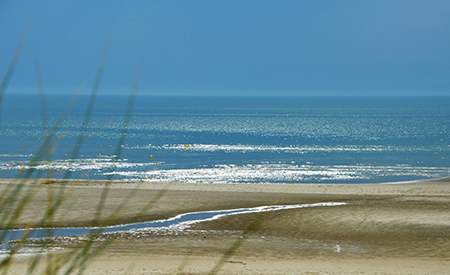
This document briefly presents the methodology used to build the Ecosim and Ecospace models representing the extended Seine Bay ecosystem as well as the main results.
 Catalogue PIGMA
Catalogue PIGMA